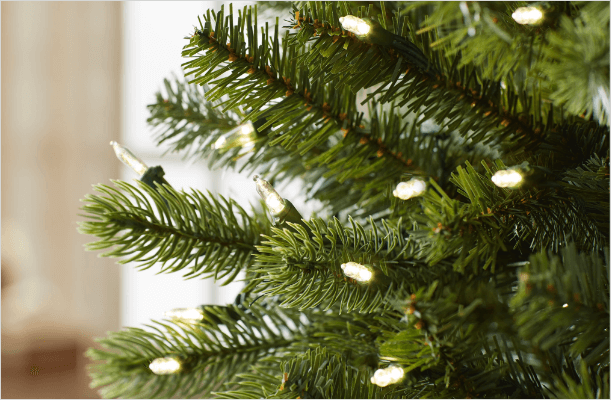Holiday Fire Safety Tips
Christmas trees, candles, and cooking all are things synonymous with the holiday season. What you’re probably not thinking about is fire safety! However, an increased risk of a home fire is a reality of this special time of year. According to NFPA, U.S. fire departments respond to an average of 210 home structure fires caused by Christmas trees per year. Three of every ten of them is caused by electrical problems and one in four results from a heat source that’s too close to the tree.
Livingston Parish Fire Protection District 4 wants to help you add a little safety prep to your planning. Here are a few safety tips to remember this holiday season:
Cooking
- Unattended cooking is the leading cause of U.S. home fires and home fire injuries, with most cooking fires involving the stovetop.
- Stay in the kitchen while you’re frying, grilling, boiling, or broiling food. Keep anything that can catch fire away from the stovetop, and turn it off when you leave the kitchen, even if it’s for a short period of time.
- If you’re simmering, baking or roasting food, check it regularly and use a timer to remind you that you’re cooking.
- Create a “kid-free zone” of at least three feet around the stove and areas where hot food and drinks are prepared or carried.
- If you have a cooking fire, just get out! When you leave, close the door behind you to help contain the fire. Call 911 or the local emergency number immediately after you leave.
- If you do try to fight the fire, be sure others are getting out and that you have access to an exit.
- Keep a lid nearby when you’re cooking to smother small grease fires. Slide the lid over the pan and turn off the stovetop. Leave the pan covered until it is completely cooled. For an oven fire, turn off the heat and keep the door closed.
Candles
- Candles are widely used in homes throughout the holidays; December is the peak month for home candle fires.
- More than half of all candle fires start because the candles had been too close to things that could catch fire.
- When burning candles, keep them at least 12” away from anything that can burn, and remember to blow them out when you leave the room or go to bed.
- Use candle holders that are sturdy, won’t tip over and are placed on uncluttered surfaces. Avoid using candles in the bedroom, where more than one third of home candle fires begin, or other areas where people may fall asleep.
- Never leave a child or pet alone in a room with a burning candle.
- Consider using flameless candles, which look and smell like real candles.
Christmas Trees
- U.S. fire departments annually respond to an average of 210 home structure fires caused by Christmas trees per year. Three of every ten are caused by electrical problems, and one in four result from a heat source that’s too close to the tree.
- If you have an artificial tree, be sure it’s labeled, certified or identified by the manufacturer as fire-retardant. If you choose a fresh tree, make sure the green needles don’t fall off when touched; before placing it in the stand, cut 2” from the base of the trunk. Add water to the tree stand, and be sure to water it daily.
- Make sure your tree is not blocking an exit, and is at least three feet away from any heat source, like fireplaces, space heaters, radiators, candles and heat vents or lights.
- Use lights that have the label of a recognized testing laboratory, and make sure you know whether they are designed for indoor or outdoor use. Replace any string of lights with worn or broken cords, or loose bulb connections. Read manufacturer’s instructions for number of light strands to connect.
- Never use lit candles to decorate the tree.
- Always turn off Christmas tree lights before leaving the home or going to bed.
- After Christmas, get rid of the tree. Dried-out trees are a fire hazard and should not be left in the home or garage, or placed outside the home.
- Bring outdoor electrical lights inside after the holidays to prevent hazards and make them last longer.
By following these fire prevention tips and measures, you can greatly reduce the risk of a fire in your home, and enjoy a safe holiday season with your family.
